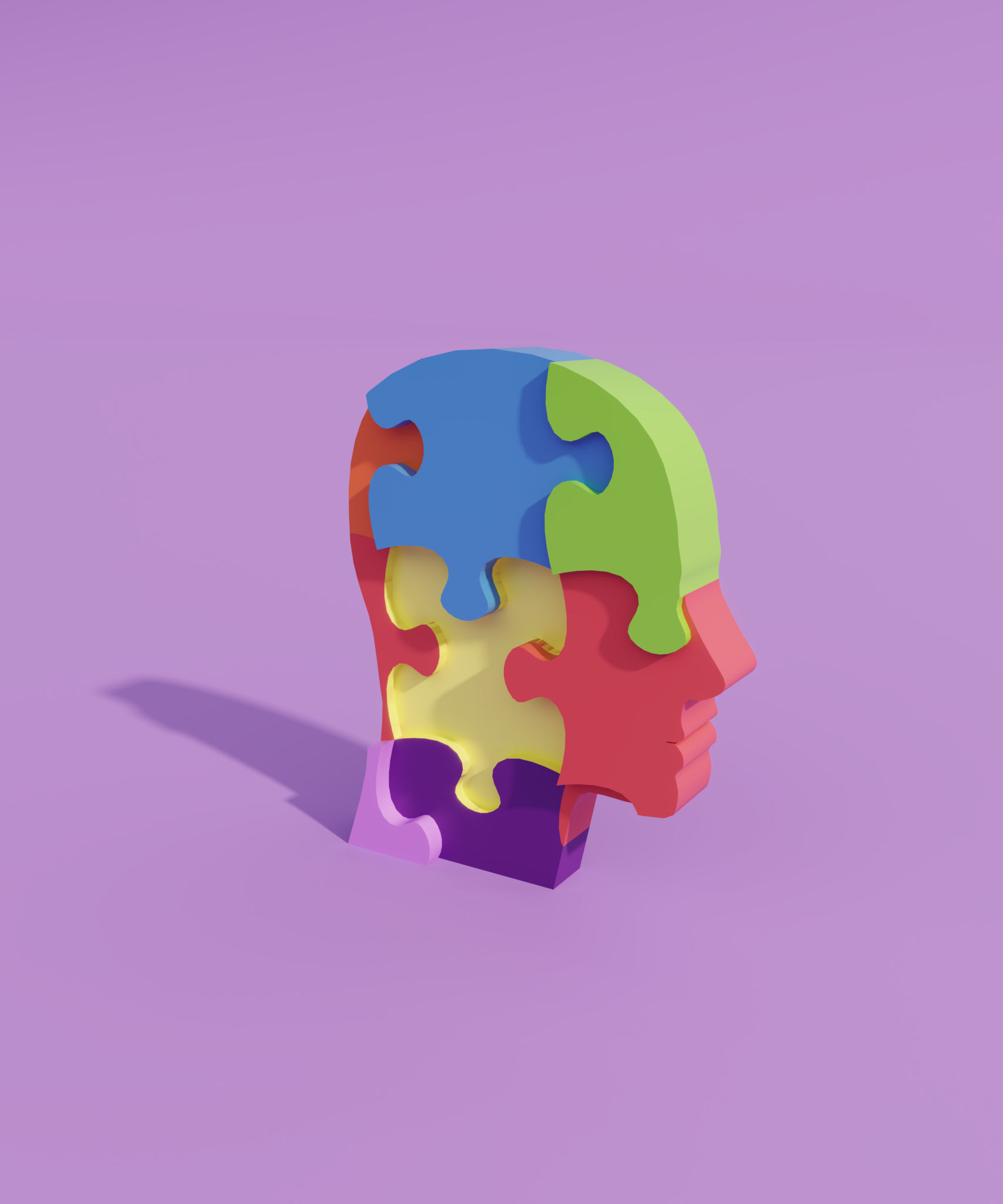Debunking Common Myths About Therapy in Raleigh
Understanding Therapy: Myths vs. Reality
Therapy is a powerful tool for mental health, yet numerous myths surround it, especially in places like Raleigh where diverse communities thrive. Understanding these myths and debunking them is essential for fostering a supportive environment for mental wellness.
One common myth is that therapy is only for individuals with severe mental health issues. In reality, therapy can benefit anyone experiencing life challenges, from stress and anxiety to personal growth and relationship issues. It's a misconception that one needs to be in crisis to seek therapeutic help.

Myth: Therapy Is Too Expensive
Many people believe therapy is unaffordable and reserved for the wealthy. While therapy can be costly, many therapists in Raleigh offer sliding scale fees based on income, making it more accessible. Additionally, various insurance plans cover mental health services, reducing the financial burden.
There are also community resources and non-profit organizations that provide low-cost or free counseling services. By exploring these options, therapy becomes a viable choice for many who might otherwise feel financially restricted.
Myth: Therapists Just Listen
Another prevalent myth is that therapists simply listen without offering solutions. While active listening is crucial, therapists also provide tools and strategies to help clients overcome challenges. They guide individuals in understanding patterns of behavior and developing healthier coping mechanisms.

Therapists are trained professionals who use evidence-based techniques to assist clients in achieving their goals. The therapeutic process is collaborative, empowering clients to take an active role in their mental health journey.
Myth: Therapy Is a Quick Fix
Some people may view therapy as a quick fix to their problems. However, therapy often requires time and commitment to see meaningful results. It's a process that involves self-exploration and gradual change, which doesn't happen overnight.
Clients should be prepared for a journey rather than expecting immediate solutions. The pace of therapy varies depending on individual needs and goals, but patience and persistence are key components of successful outcomes.

The Impact of Cultural Stigma
Cultural stigma around mental health can also deter individuals from seeking therapy. In Raleigh, where cultural diversity is prominent, it's important to acknowledge and address these stigmas. Dispelling myths about therapy can lead to more inclusive attitudes towards mental health care.
Education and open conversations about mental wellness can help break down barriers, encouraging more people to seek help without fear of judgment or shame. Understanding that therapy is a normal and beneficial part of life is crucial in overcoming cultural stigmas.
Conclusion: Embracing Therapy in Raleigh
By debunking these common myths about therapy, we can create a more accepting atmosphere for those seeking mental health support in Raleigh. Recognizing the value of therapy and understanding its realities can lead to positive change for individuals and the community as a whole.
If you're considering therapy, remember that you're not alone. Many resources are available to help you find the right therapist who meets your needs and preferences. Embracing therapy as a pathway to personal growth and well-being can make a significant difference in your life.
